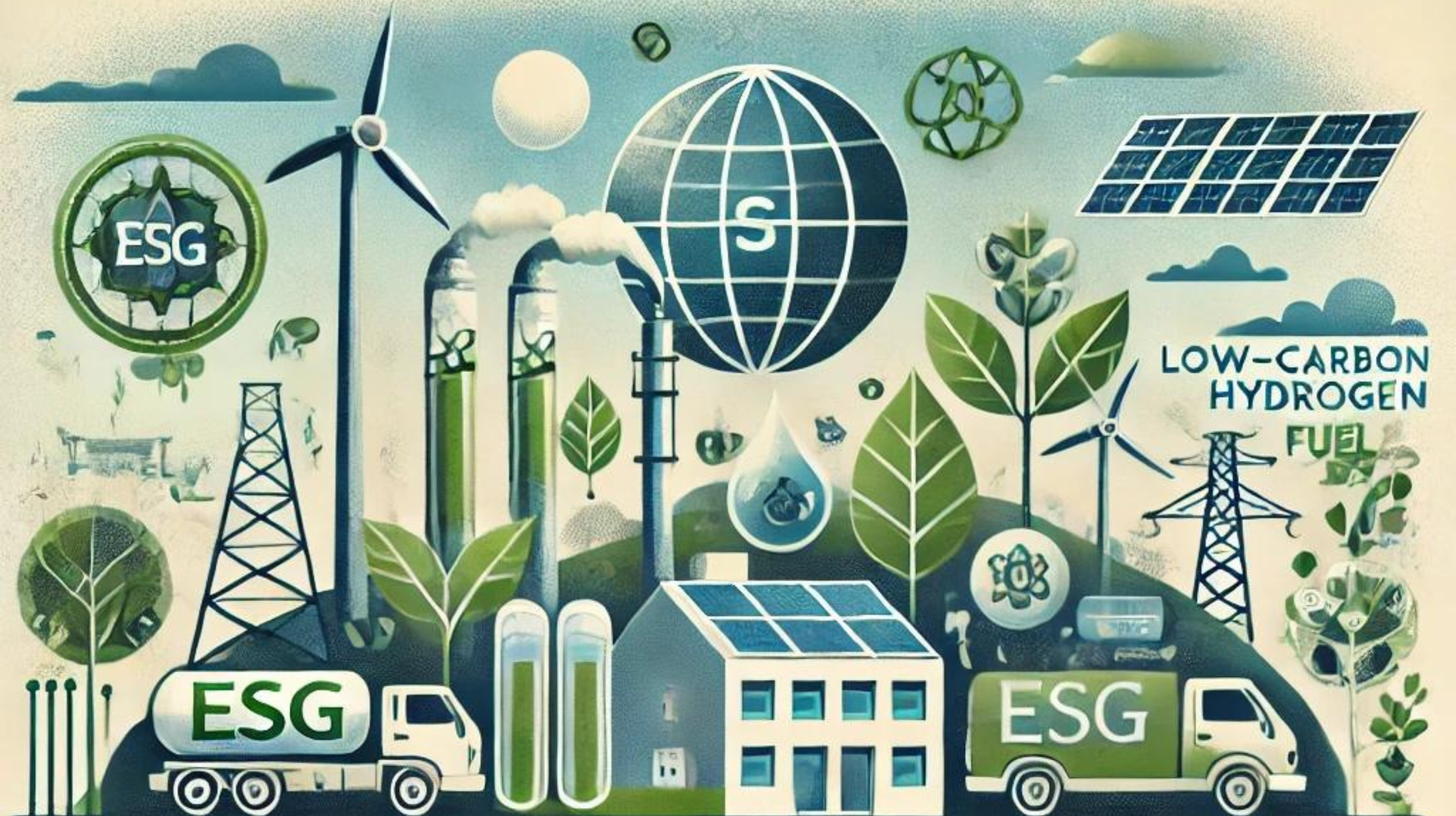The partner of Ernesto Borges Advogados, Yuri Arraes Fonseca de Sá, from the city of Campo Grande, State of Mato Grosso do Sul, with experience in ESG agendas, working in the firm’s Diversity and Social and Environmental Responsibility Committees, explains what low-carbon hydrogen is and how it is produced, as well as the advantage of lower environmental impact it brings compared to other fuels.
“Low-carbon hydrogen is considered one of the fuels of the future. It can be produced through the electrolysis of water, biomass, ethanol, and other biofuels and its greatest advantage is its low environmental impact,” Arraes explains.
The expert underlines the importance of fiscal stimulus for this sector. According to Arraes, the initiative furthers the international recognition of Brazil’s path towards the green economy.
“The regulation of the sector, the creation of its own legislation, influences the people who will invest in this area, and those who will produce in the domestic territory. As for tax incentive policies, they aim to forward and release this transition period from heavy burdens, helping Brazil to increasingly become a country recognized for its green economy,” Arraes states.
The approved text will also further the production of low-emission hydrogen obtained from renewable sources, such as that produced from biomass, ethanol, and other biofuels, electrolytic hydrogen, produced by water electrolysis – using renewable energies, such as solar, wind, hydraulic, biomass, ethanol, biogas, biomethane, landfill gases, and geothermal –, as well as other ones that will be defined by the government.
Available in: Brasil 61
Autor: Yuri Arraes Fonseca de Sá • email: yuri.sa@ernestoborges.com.br • Tel.: +55 67 3389 0123+55 67 99271 2013

